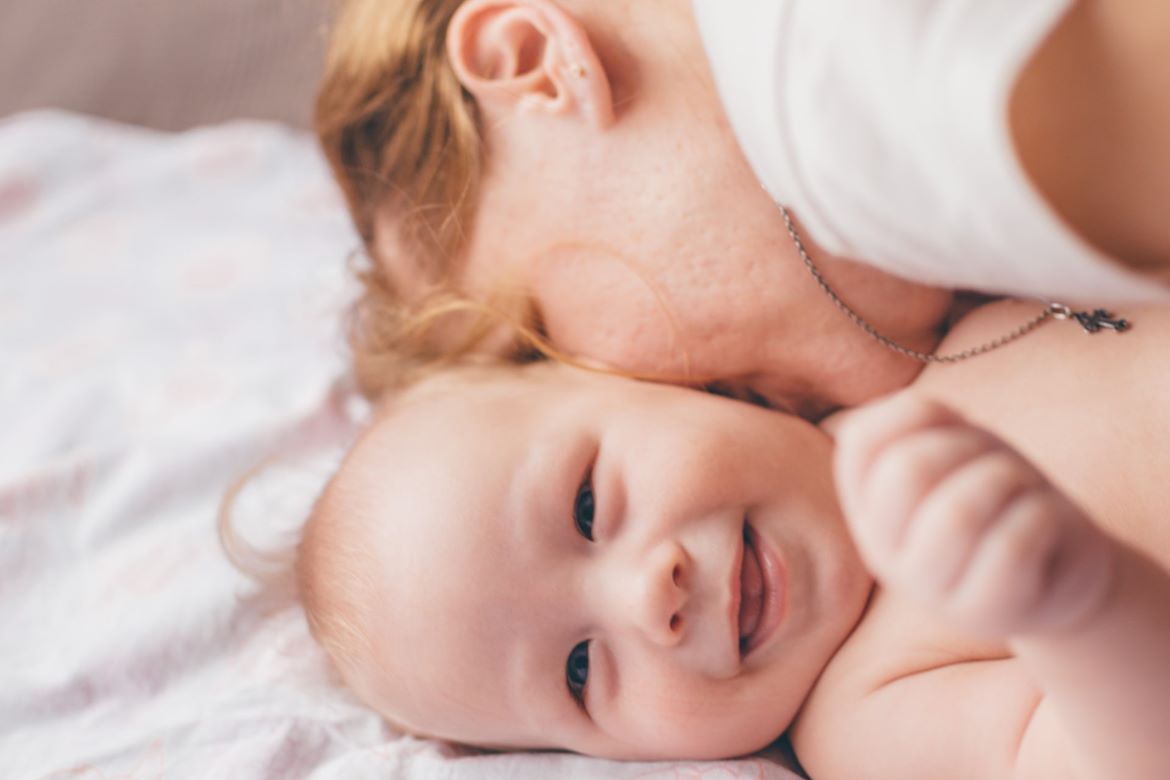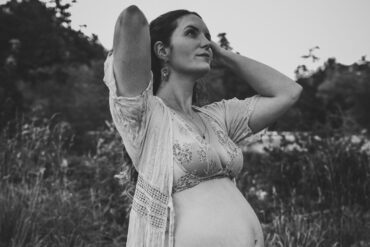By Sarah Palmer
In connecting with responsive parenting, I have been liberated from the mainstream sleep training culture, which is our general social norm here in Australia, and felt empowered to choose a parenting path that feels right for me. Breaking free from the rules of sleep training, authoritative, behaviourist approaches and instead responding to my baby has been a powerful part of my journey. There are many labels that I connect with, be it responsive, gentle, attachment, conscious, aware or peaceful parenting, but the overarching themes of approaching parenthood with kindness and compassion and being willing to break the generational cycles and go inwards in our search for answers – that’s my jam.
And yet, I can recognise that even where labels or shared ideals can bring us freedom, strength and a sense of belonging – there are inevitably always other rules we feel expected to conform to. The “rules” may feel more aligned with our values, but they can still confine us and isolate us, often invoking shame and guilt when we don’t abide by them or meet a new set of standards we set for ourselves.
Breaking free from the rules of sleep training, authoritative, behaviourist approaches and instead responding to my baby has been a powerful part of my journey.
Dr Sophie Brock, a Motherhood Studies Sociologist, speaks a lot about the Perfect Mother Myth and she once taught me about the 8 Rules of ‘Perfect Motherhood’ – the expectations socially placed upon us and how we will be judged as being a good mother (or not). One of these “rules” of motherhood is ‘The mother must always put her children’s needs before her own’, and I find that this one in particular seems inextricably linked with responsive parenting in our social narratives.
When we choose to respond to our child’s needs, we have been socialised to believe that it must come at the cost of our own.
The patriarchal systems of modern motherhood tell us that when we enter into motherhood we are expected to shed our old sense of self and embody a new identity that is entirely wrapped up in our children – they should now give us all the meaning, fulfilment and joy that we could ever want and if we find these things outside of this role of mum, then we are doing it wrong and we aren’t a good enough mother.
When we express our struggles with sleep deprivation, we’re told we’ve made a rod for our own back by feeding or rocking to sleep, co-sleeping, bedsharing or contact napping – and that if we just let them cry a little they would learn to link their sleep cycles and self-settle. If we choose responsive parenting and to support our babies and toddlers to sleep, we’re expected to sacrifice ourselves and we are blamed for our struggles because we “chose” this path.
When we put on the mask and make it look like we’re juggling it all, we’re assumed to be ok because it looks like we’ve got our shit together. And we sink further into the invisibility of motherhood. Even when we wave our hands to say we’re drowning as the waves crash upon us, we’re told “great job Supermum!”, given a high-five and left to sink into the depths – alone. We chose this path, so we must sink.
When we put on the mask and make it look like we’re juggling it all, we’re assumed to be ok because it looks like we’ve got our shit together. And we sink further into the invisibility of motherhood.
Writing it out like this, laying it in front of me, reminds me of when I first started learning about it all – the despair I felt and the helplessness, thinking “how can I possibly face this?” – it felt like I’d never thrive in motherhood, because I was always going to be up against these social currents. And yet, here I am, 2 years on from first delving into these topics and I am thriving – while swimming against the tide. Want to know my secret?
There are so many – but let’s start with the fact that I now truly believe that
Responsive parenting does not equal self-sacrifice
I also have worked hard at 4 core areas that have allowed me to blossom as a mum. I have built my community – working through the blocks that come up when I think of asking for help, or in accepting offers of help and instead of feeling like a burden, seeing the benefits of the exchange. I’ve deeply understood and accepted my son’s sleep so that we could find ways as a family to optimise sleep for all of us and as a result, I was able to see that my son’s sleep was not the thing getting in the way of me meeting my own needs. I got support to manage my mental load in a practical and meaningful way, so that things were still getting done but that they weren’t all resting on my shoulders – this allowed me to free up precious headspace as well as physical space to be able to reclaim time for myself. I found people who could support me to shift my mindset around my self-worth as a mother and work through mum guilt so that I could meet my needs without feeling like it was going to negatively affect my son, and I worked at cultivating a simple self-care practice that could be done alongside my mothering so that responding to my son’s needs could be sustainable.











